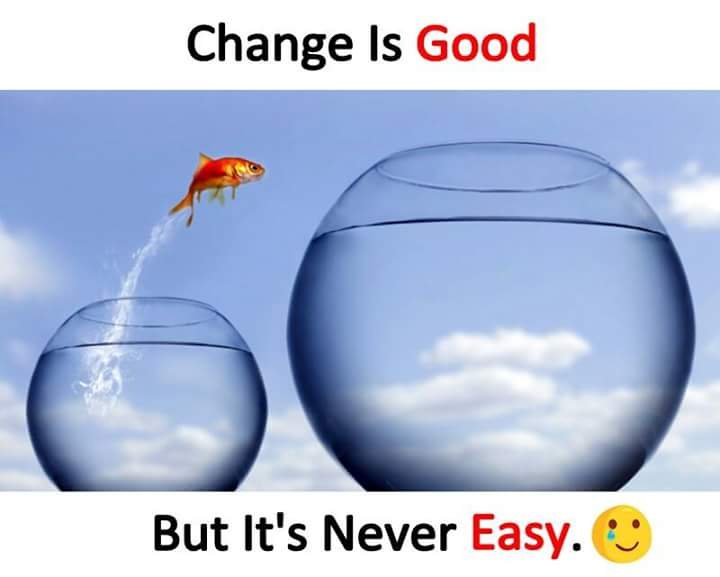
I would like to share this topic to enlighten us.
It is not the strongest of the species that survives, nor the most intelligent that survives. It is the one that is the most adaptable to change. This wonderful quote of Leon C. Megginson is still so relevant in this fast changing world. That's why it's important for you to be innovative at work. Developing and launching innovative ideas, concepts, prototypes and business models is essential and very difficult at the same time. My personal mission the last 10 years has been to improve the effectiveness of the front end of innovation, trying to make it less complex to master. Based on my experience I have several tips for you to be a more effective innovator at work.
Focus on a BHAG or problem. To be effective in an organization you have to bring to the table ideas that solve a problem or fulfill a dream fitting the expectations of your top management, otherwise nothing happens. From the old English proverb "necessity is the mother of Invention" we learn that change starts with urgency. So focus on a BHAG (Big Hairy Audacious Goal) or relevant problem.
Get the right mindset. People within your organization will only change their attitude if they get new insights themselves. So, you have to create a situation where they discover themselves what's happening out there: how markets, customers, competitors and technology are changing. Talking to customers with changing needs, discovering new upcoming competitors, exploring new technologies will 'open up your mindset'.
Identify customer frictions. Innovation is difficult because potential users of your new products or services must change their behaviour. Why should they buy your innovation? That’s the question! You have to give them a very good reason why! Effective innovation provides simple solutions for a relevant problem or dream of your target group. That's why you should be looking first for relevant problems or dreams of your target group and then generate a new simple solution. You can identify customer frictions by reaching out to customers using personal visits, meeting them in focus groups, search in social media or using crowdsourcing.
Break the Pattern. Once the mindset is open for change and you identified customer frictions you should be looking for disruptive ways to really innovate the present product portfolio. Stimulate provocative thinking. What would we do if we were a new start-up company? What would we do if we had unlimited access to money and resources? Or if we had on the other hand no access to money or resources at all? What would Google do? What would we do if the law would forbid our present products/services? Be sure to defer your judgment and to elaborate on the ideas instead of killing them right away.“If at first the idea is not absurd, then there is no hope for it.” [Albert Einstein].
Test your solution. Once you've developed an innovative idea or prototype the question remains: is this a great idea or not? In your organization are a lot of persons resisting change. They will say no to anything. In my role as marketer in the food industry I learned to make use of the voice of the customer to get internal support. So test your ideas and prototypes in an early stage at customers. Tweak your solutions based on customer feedback and use their enthusiast testimonials to get internal support.
Transform your idea into business. You might present your idea in a very original way: playing a movie, writing one huge post-it, and even by doing a flash mob. Although your management might have asked you to bring them revolutionary new ideas, present them something better: the next logical step with realistic potential for growth in a mini new business case. This is a clear, pragmatic, commercial, professional and financial plan for a new initiative; more of a ‘preview’ of the full business case you might make in a later phase.
Show them how it's feasible. Be sure to think outside the box on one hand and to present your idea inside the box on the other. I see in practice CEO's and Innovation directors choose the ideas they can relate to and they can imagine to be produced (with some investments). So show them how it's feasible. And present partners to co-develop it with. Then your concept has a higher chance of becoming reality. And that's in the end what it's all about.
Do it together. The wise lesson I learned is you can invent on your own, but in an organization you can never innovate alone! You need an awful lot of colleagues and bosses to get your vision transformed into a new product or service and get it out there on the market. That's why I like to advise you to promote 'We-nnovation instead of I-nnovation.
Wishing you lots of success with your innovation projects. Remember: you can be more innovative at work indeed!
Please upvote me if you have any comments, feedback and suggestions. Just let me know. you are all welcome and much appreciated.
Thank you.
rowena